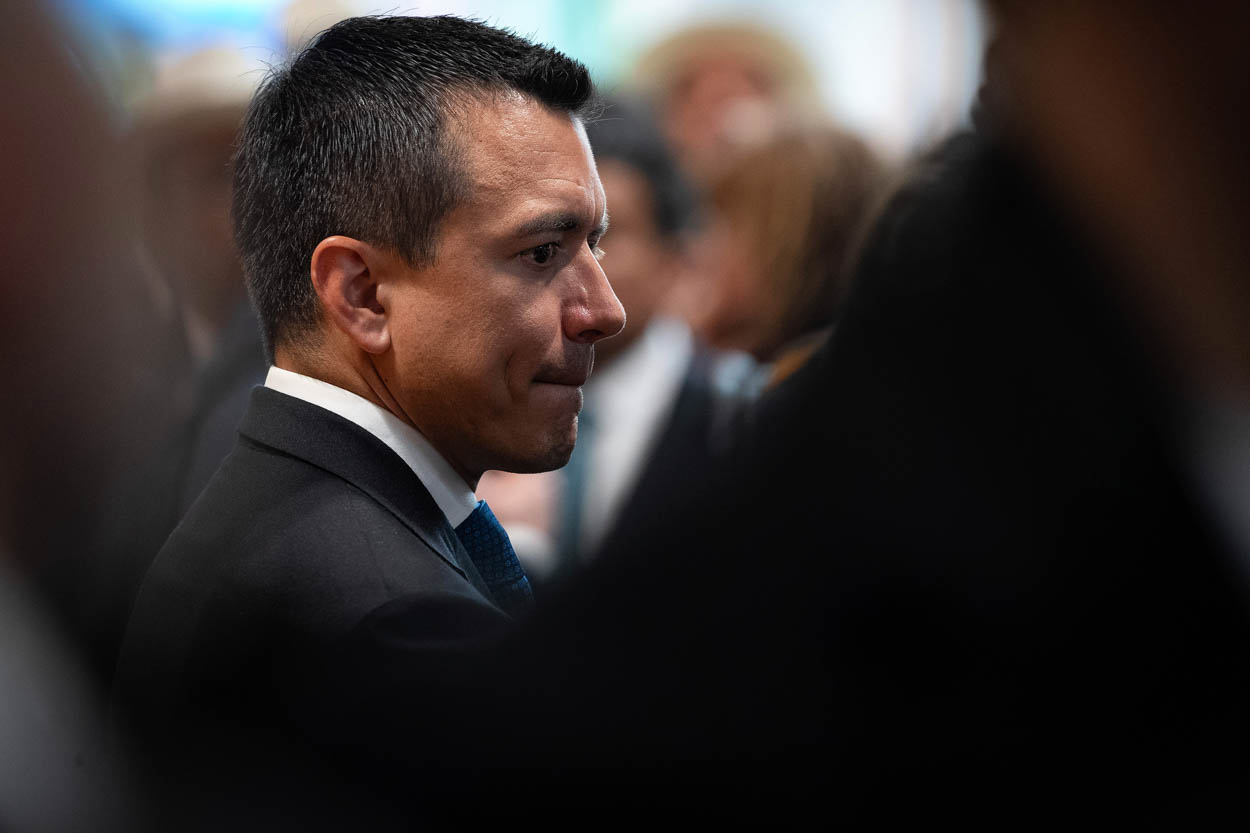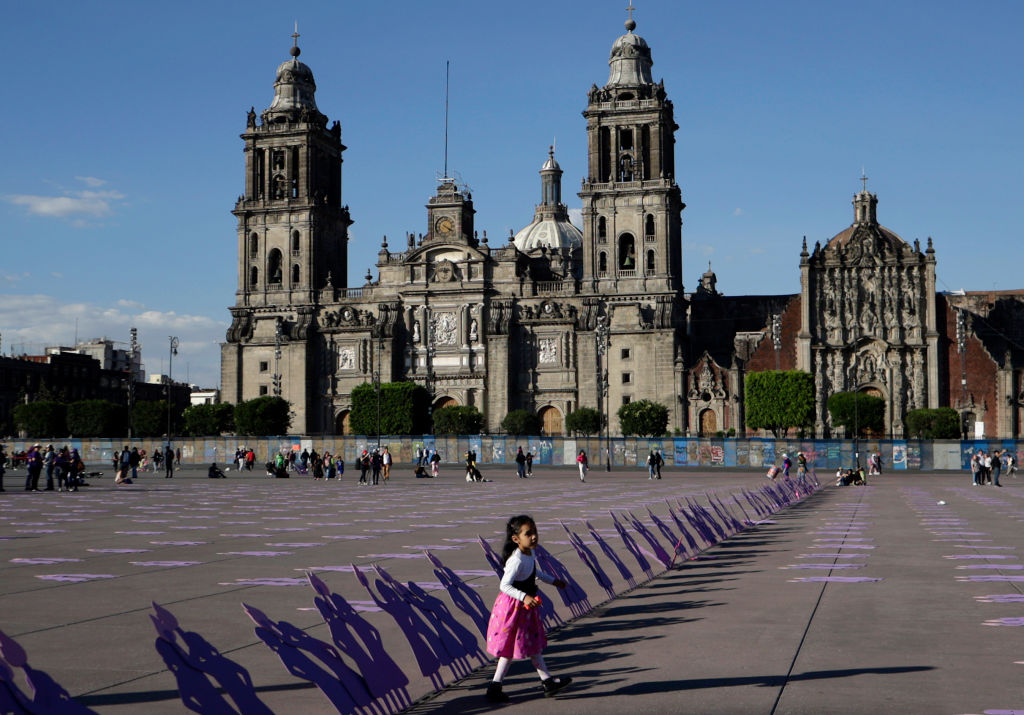Colombia Peace Talks Move to Cuba amid Calls to Widen Participation
Colombia Peace Talks Move to Cuba amid Calls to Widen Participation
Preliminary discussions in the peace talks include how to involve those affected by violence in the negotiations.
On November 6, the headquarters of the Colombian peace talks moved to Havana, where negotiators began preliminary discussions ahead of the official opening on November 15. The talks kicked off in Norway on October 18 before shifting to Cuba. Government officials and members of the Revolutionary Armed Forces of Colombia (FARC) alike arrived Tuesday in Havana, where both sides will negotiate the terms of the General Agreement for the End of the Conflict, released in September. During the preliminary meetings this week, participants plan to work out logistics for the talks, and define how Colombian citizens will participate in the negotiations. Some observers say that the government has not done enough to include Colombians in the process, while others worry about the FARC’s willingness to negotiate given the strongly worded remarks made in Oslo as well as recent incidents of violence.
Negotiators plan to use September’s General Agreement as the agenda for the talks. The accord outlines five main points of discussion: land ownership and agrarian policy, political rights and participation, negotiating a ceasefire, combating drug trafficking, and compensating victims of the conflict. But when the negotiations began in Oslo, some Colombians raised concerns that the FARC would try to expand the agenda after a few of the guerilla group’s negotiators used strong rhetoric, criticizing the country’s system for natural resource extraction and foreign investments. Former President César Gaviria—who presided over peace talks in the early 1990s—said the FARC must understand that the government would only discuss issues from the agenda. If not, “[the FARC] simply doesn’t want to negotiate.” Last week, however, the FARC issued a statement saying it didn’t have a “parallel agenda” and that it wants the dialogue to be “free of nuisances and threats.”
Others expressed concern about ongoing violence during the talks. President Juan Manuel Santos announced that military operations would not cease during the process; at least 6 soldiers and 50 guerrillas died in the last two weeks alone. The military also claimed the FARC was responsible for an October 31 bombing that left 2 dead and 34 injured, nearly half of whom were children. “We are sorry that the dialogues, which we support as a means to end the violence, take place amid death,” said Feliciano Valencia, head of an indigenous leaders’ organization in the Cauca department. He added: “We hope the dialogues are successful, but we the indigenous people know that we’re not represented in Cuba.”
Still others say the government needs to expand efforts to include citizens in the process. After announcing the talks, the government began a series of working groups countrywide to allow Colombians to give their input. This month, two working groups comprised of rural residents, indigenous groups, and other minorities affected by guerrilla violence proposed coca crop substitution, a new constituent assembly, and support for small-scale farming.
Bruno Moro, a UN coordinator in Colombia, urged the Colombian government to take such proposals into account, saying that including marginalized groups is the “way to strengthen [Colombia’s] social fabric” and without doing so “no peace accord is sustainable.” Congressman Joaquín Camelo Ramos—co-president of the House of Representatives’ peace commission and member of the opposition Liberal Party—also raised concerns about integrating citizens’ proposals into the peace plan. “The government should…address the concerns of the immense majority in respect to resolving the internal conflict and also open the discussion of resolving the social conflict,” he said.
In other regional security news:
- A study by the Mexican Institute of Competitiveness found that legalizing marijuana in Colorado, Oregon, and Washington states would lead to a 30 percent cut in profits for Mexican drug cartels. Both Colorado and Washington passed such measures on November 6, which the report says could lead to $2.8 billion in losses for the cartels.
- On October 31, police in the Dominican Republic arrested Francisco Hiraldo Guerrero, the chief operating officer of the government’s anti-drug trafficking agency between 2006 and 2008. Guerrero stands accused of trafficking large amounts of cocaine to the United States. The Dominican Republic will extradite him to New York.
- The Venezuelan government announced this week that it plans to deploy 141,000 troops to ensure peace during the December 16 gubernatorial elections, including nearly 15,000 members of the Bolivarian National Police.
- This week, Brazil’s House of Representatives passed two cybercrime bills that criminalize computer and password hacking, unauthorized data access, and credit card cloning. The bills already passed in the Senate and now await President Dilma Rousseff’s approval.







